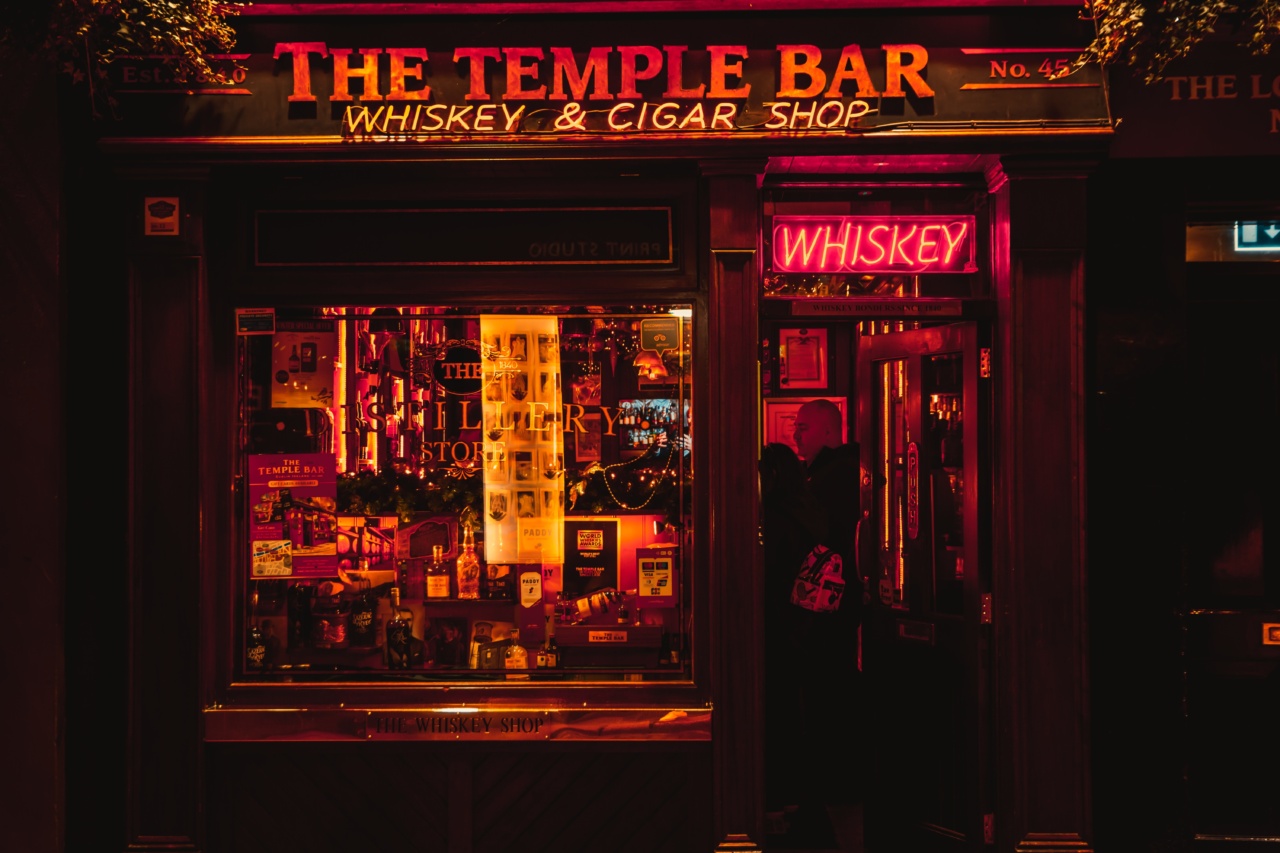Alcohol consumption has been linked to various health risks, including liver disease, cardiovascular disease, and cancer. In particular, the relationship between alcohol and cancer has been of great interest to researchers over the years.
Some studies suggest that alcohol intake is linked to several types of cancer, including breast, liver, and colon cancers. This has prompted many people to ask whether wine, beer, or whiskey is the most dangerous drink in terms of cancer risk.
How alcohol increases the risk of cancer
Alcohol consumption has been shown to increase the risk of cancer in several ways. First, alcohol is broken down in the body into acetaldehyde, a known carcinogen. This substance can damage DNA and create mutations that can lead to cancer.
Secondly, alcohol consumption can lead to oxidative stress, which can also damage DNA and increase the risk of cancer.
Finally, alcohol has been shown to interfere with the absorption of key vitamins and minerals, such as folate and vitamin B12, which are important for DNA synthesis and repair.
Wine and cancer risk
Wine is often touted as a healthier alcohol choice, due to its higher levels of antioxidants, such as resveratrol. However, some studies have suggested that even moderate wine consumption can increase the risk of cancer.
For example, a study published in the Journal of Clinical Oncology found that even moderate wine drinking (defined as up to 1.5 drinks per day) was associated with increased breast cancer risk in premenopausal women. Similarly, a study published in the British Journal of Cancer found that wine consumption was associated with increased risk of colorectal cancer in men.
However, other studies have suggested that wine, particularly red wine, may have some protective effects against cancer.
A study published in the International Journal of Cancer found that moderate red wine drinking was associated with a reduced risk of colon cancer in women. Similarly, a study published in the American Journal of Epidemiology found that moderate wine consumption was associated with reduced risk of lung cancer in men.
Beer and cancer risk
Beer is the most commonly consumed alcoholic beverage in the world, and it has been linked to several types of cancer.
For example, a study published in the European Journal of Cancer Prevention found that beer drinking was associated with increased risk of stomach cancer. Similarly, a study published in the American Journal of Epidemiology found that beer drinking was associated with increased risk of pancreatic cancer in men.
However, some studies have suggested that moderate beer consumption may have some health benefits. For example, a study published in the Journal of Nutrition found that moderate beer drinking was associated with increased bone density in men and women.
Similarly, a study published in the European Journal of Epidemiology found that moderate beer consumption was associated with reduced risk of heart disease in men.
Whiskey and cancer risk
Whiskey is a popular alcoholic beverage with a high alcohol content, and it has been linked to several types of cancer.
For example, a study published in the International Journal of Cancer found that whiskey consumption was associated with increased risk of colorectal cancer in men. Similarly, a study published in the Annals of Oncology found that whiskey drinking was associated with increased risk of esophageal cancer in men.
However, other studies have suggested that moderate whiskey consumption may have some health benefits.
For example, a study published in the Journal of the American College of Cardiology found that moderate whiskey drinking was associated with reduced risk of heart disease in men. Similarly, a study published in the Journal of Food Science found that whiskey contains high levels of antioxidants, which may help to reduce oxidative stress and inflammation in the body.
Conclusion
Overall, it appears that all forms of alcohol consumption are associated with some degree of cancer risk.
While some studies have suggested that moderate wine drinking may have some protective effects against cancer, other studies have found that it can increase the risk of certain types of cancer. Similarly, while moderate beer and whiskey consumption may have some health benefits, they have also been linked to several types of cancer.
Therefore, it is important to remember that alcohol should be consumed in moderation, and that avoiding alcohol altogether may be the best way to reduce cancer risk.
Additionally, it is important to eat a healthy, balanced diet rich in fruits and vegetables, and to engage in regular physical activity, as these lifestyle factors are also important for reducing cancer risk.






























